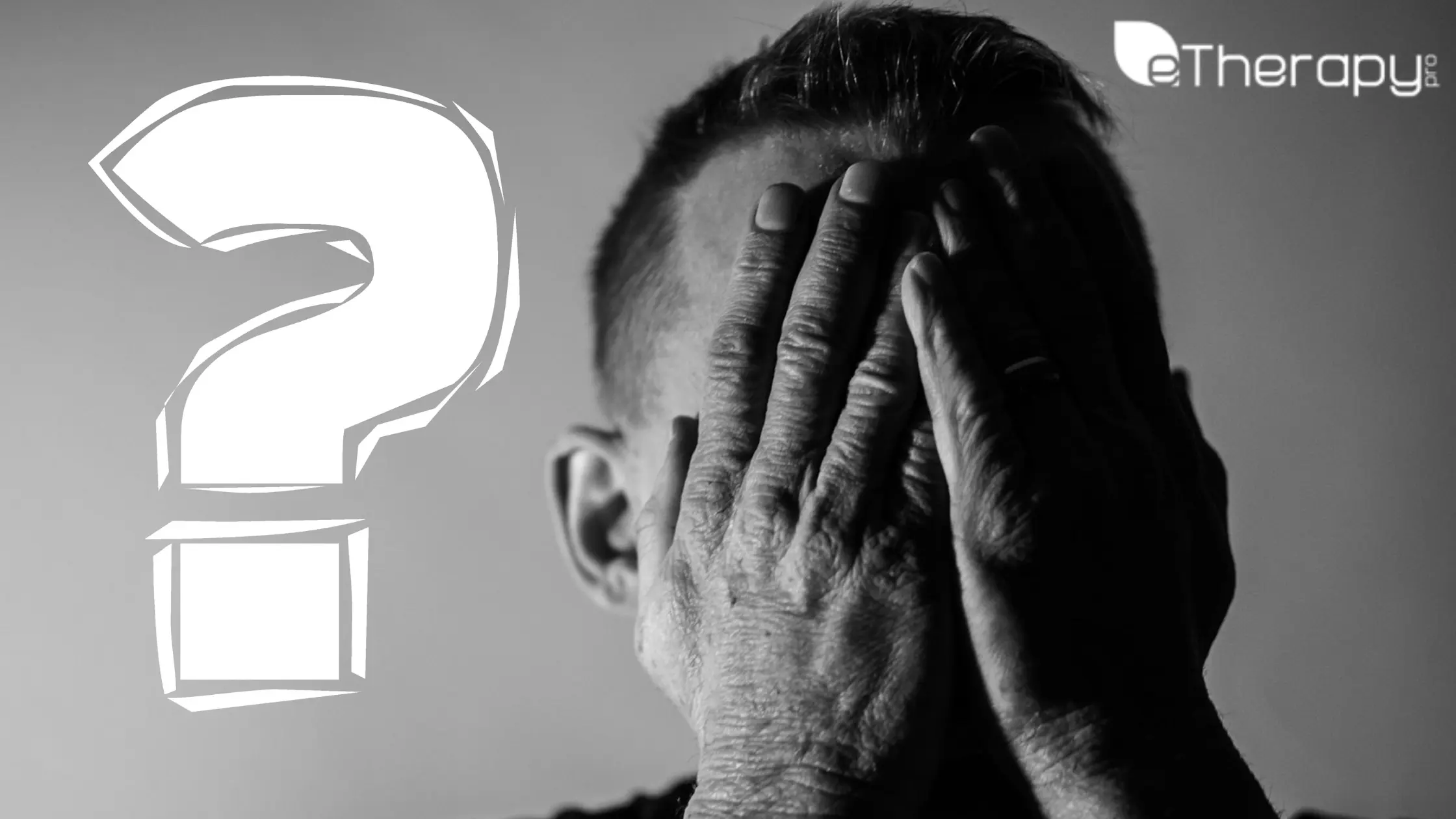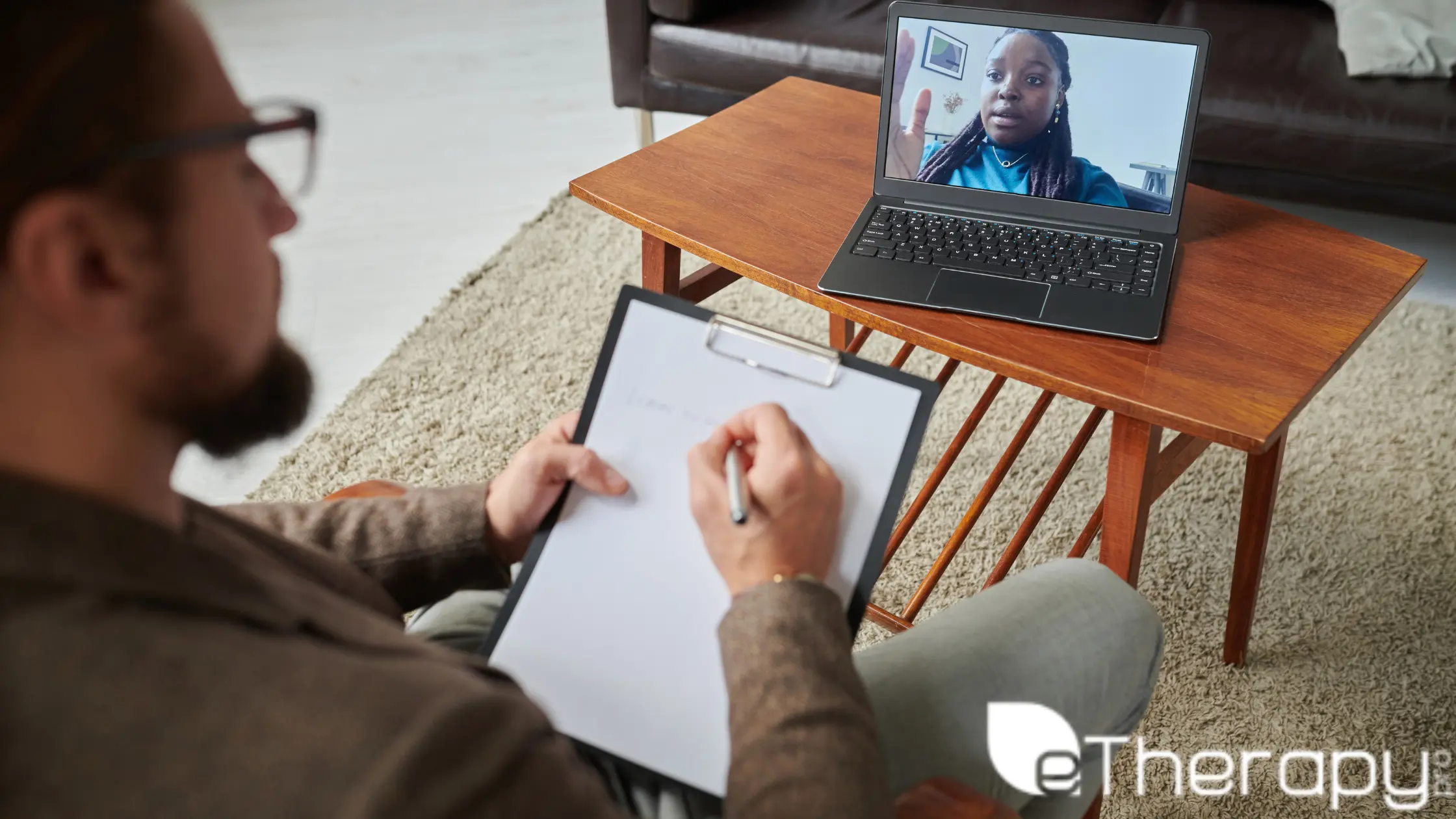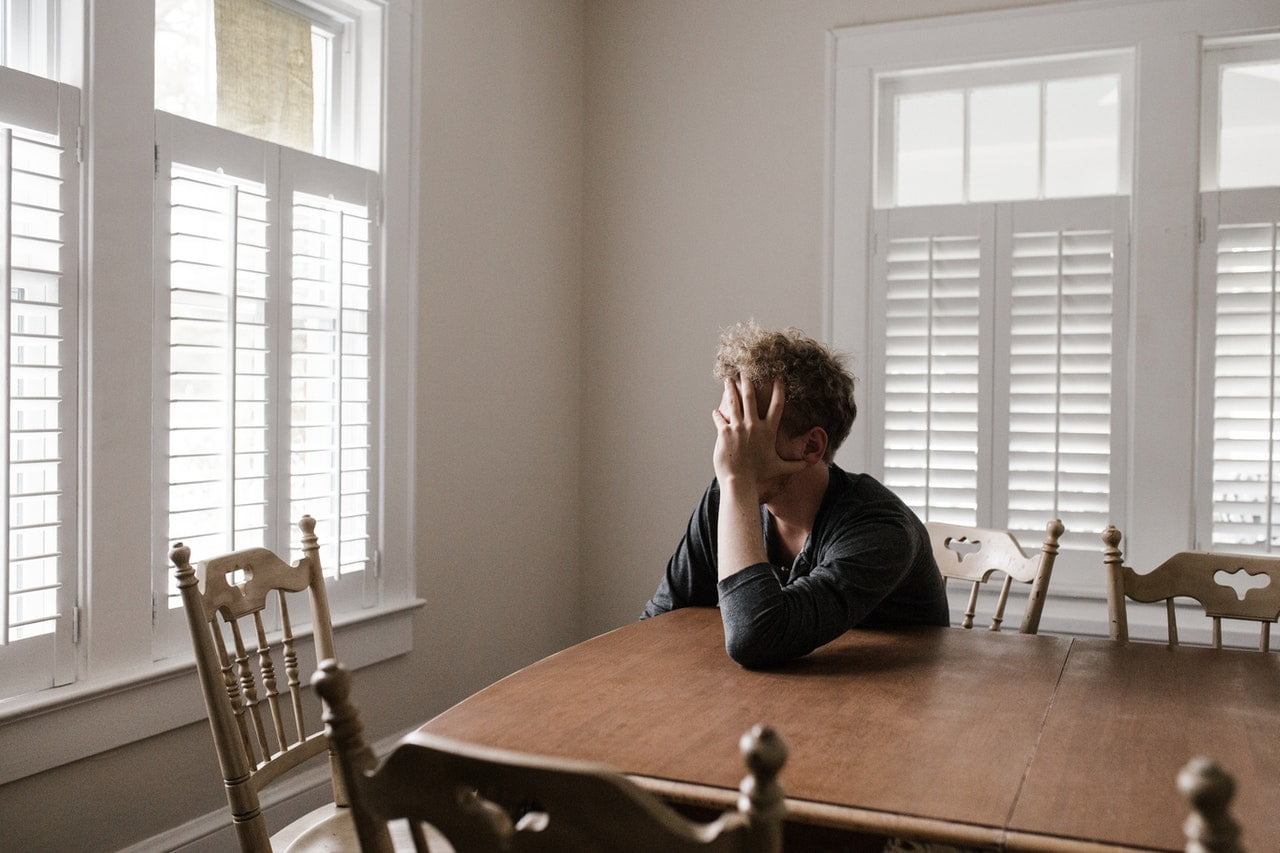Online therapy is a relatively new approach to therapy. It has been around for a handful of years and picked up speed when the pandemic ravaged the world. Initially, people were rightfully skeptical about this new approach, wondering if just chatting with a therapist or video-calling them would be as effective as traditional therapy. However, studies show that this approach is as effective as therapy and even more so in certain cases with certain patients. Here’s a look at some reasons why online therapy is successful:
1. More Accessible
Online therapy platforms are much more accessible than regular therapy. You can book a few sessions online and attend them from the comfort of your home, regardless of where you live. You could be in some isolated town in Alaska and still have access to the best counseling available. eTherapy makes it easier for people from remote or underserviced areas to access good therapy.
Accessibility is particularly necessary for people suffering from underrepresented mental health conditions. It is easy to get help for depression or anxiety but sometimes it can be difficult to get help for gender-related concerns or rare mental health conditions. Online therapy gives people access to more professionals, which gives people the benefit of options.
2. Privacy and Anonymity
More people are willing to try online therapy than traditional therapy because of the platform’s privacy and anonymity. Most online therapy websites don’t require your full name or contact information. You don’t even need to show your face to your therapist if you’re communicating primarily through chat or calls. This gives people a sense of privacy and safety. They don’t need to worry about anyone knowing that they are attending therapy.
This is particularly useful for people in risky or vulnerable situations. For example, if a person from an abusive or extremely conservative household requires therapy, they can access eTherapy services discretely, without worrying about anyone finding out. Studies have shown that teenagers and young adults, in particular, find these options appealing. They are more willing to attend online therapy because there is no exposure to peers involved.
3. Medium of Communication
Most online counseling happens through text messages or video conferences, depending on the approach the patient prefers. There are email and similar options available as well. Different platforms offer different communication approaches. You can choose what is most comfortable and tailor the session according to your requirements.
Most younger patients are very familiar with online communication. They are comfortable communicating primarily through text and are often more open or unreserved when using this medium. Older generations do struggle a little but even that is a matter of habit. If you dislike text communication, there’s always voice or video conferencing available. eTherapy can be tailored to suit any kind of requirement easily.
4. Eliminating Barriers
Online therapy eliminates several barriers, especially for people who can’t access traditional therapy. For example, individuals with physical disabilities or people who can’t speak or hear can use text as a way to communicate and access online therapy. Individuals that can’t see can use video or voice conferencing to access therapy. All of these things can be done from the comfort of their home, without the hassle of traveling to the therapist’s office.
Online therapy is also useful for people in high-risk situations. If you think attending therapy will place you in danger or get you in trouble, you can access it discretely without letting anyone know. That sets eTherapy apart from traditional therapy and draws more vulnerable people into the fold.
5. Flexibility
eTherapy is more flexible than traditional therapy, which is necessary for today’s fast-paced lifestyle. Every minute of the day is precious and most people don’t have much time on their hands to drive to a therapist’s office during work hours to get the support they need. Online therapy is more flexible. You can access it any time, from anywhere, and schedule the sessions according to your requirements.
This flexibility also means that you can schedule around disruptions and have the session when you are in the right mindset. For example, it is easier to schedule a session when the kids are at school or when everyone else is busy with work. You can have a quiet and relaxed environment around you and focus on your session completely. People find it easier to use online therapy than to attend face-to-face sessions with a counselor, which does have an impact on the overall success of the therapy.
These reasons make it clear why eTherapy is so successful. However, that doesn’t mean that traditional therapy is completely replaceable. If you’re dealing with serious self-harming behaviors and are an active risk to yourself or people around you, you may need more thorough medical intervention. In these cases, a traditional psychiatrist with the ability to prescribe medication or recommend a hospital stay may be necessary.




